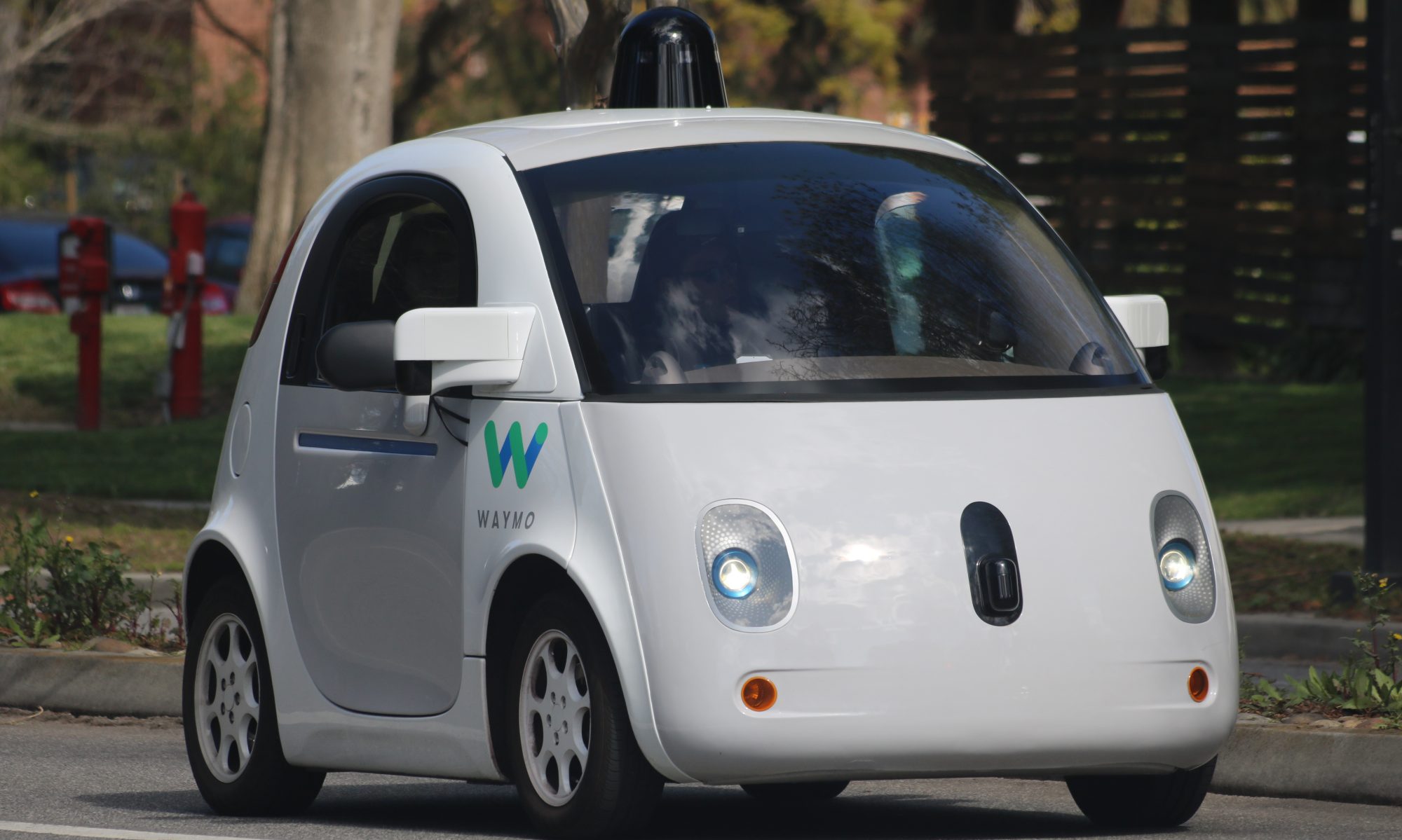 Michael Ikemann is Lead Engineer at the Zühlke Engineering GmbH. Zühlke develops individual customer solutions with a team of 1000 experts around the globe in all areas of future defining technologies including iOS, Android, IoT, Blockchain, AR and many more. Till August 2018 he was the Head of Software Engineering Mobile at LOGIBALL GmbH, a company specialized in the engineering of high detailed maps and map based mobile, cloud and quality assurance solutions.
Michael Ikemann is Lead Engineer at the Zühlke Engineering GmbH. Zühlke develops individual customer solutions with a team of 1000 experts around the globe in all areas of future defining technologies including iOS, Android, IoT, Blockchain, AR and many more. Till August 2018 he was the Head of Software Engineering Mobile at LOGIBALL GmbH, a company specialized in the engineering of high detailed maps and map based mobile, cloud and quality assurance solutions.
Michael made his first steps in software development at the age of 7 on a Spectravideo SV-318 in Basic and researches 2D and 3D computer graphics, from low level s/w rasterization of 2D and 3D scenes on embedded systems up to high end 3D worlds using OpenGL and OpenGL ES for desktop and mobile solutions, since he is 13 years old. He still grew up with relicts of time such as MS-DOS, 3Dfx, Mode X, Mode 13, XMS and low level SVGA buffer switches.
He started working full time in the computer games industry in 2000 at the age of 18 as lead OpenGL, Artificial Intelligence and sound developer.
In the years from 2002 to 2005 he developed a high performance 3D graphics engine called Aphereon 2 which was licensed by klickTel GmbH, his new employer since 2005, for the fast rasterization of 2D maps for a Google-maps-like web service. Aphereon meanwhile reached version 4, has grown to nearly half a million lines of code and a full stack framework such as Qt within the last 15 years and is used in several larger projects for cloud and mobile solutions.
Michael is a full stack developer programming in basically all common languages such as C++, C, Objective C, Java, Python, Swift, Kotlin, JavaScript, PHP, Lua, Perl, C#, HTML etc. on all common platforms such as Windows, several Linux distributions, Windows CE, Android, iOS, OS X, Arduino & Co.
His major subjects are C++, computer graphics, computer vision, building bridges between platforms and languages, performance optimization, software architecture and parallel computing.
Since September 2017 Michael started an overall two years course over four Nanodegrees at the online learning platform Udacity to become an Engineer of Self-Driving Cars and Artificial Intelligence.
